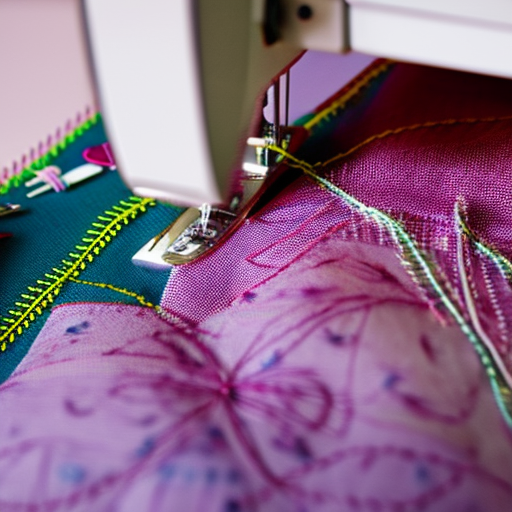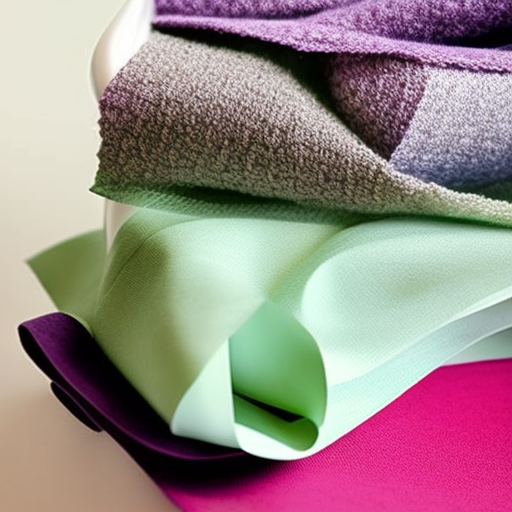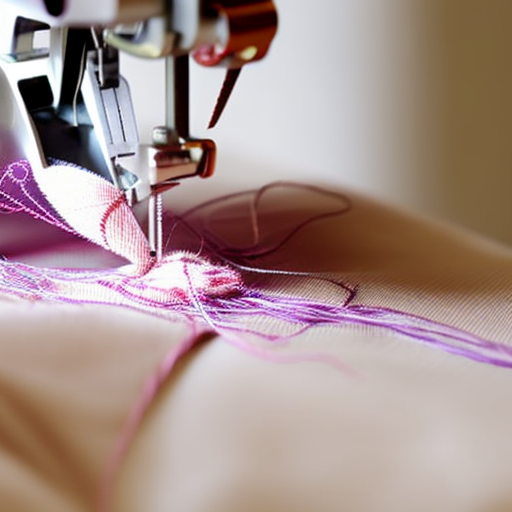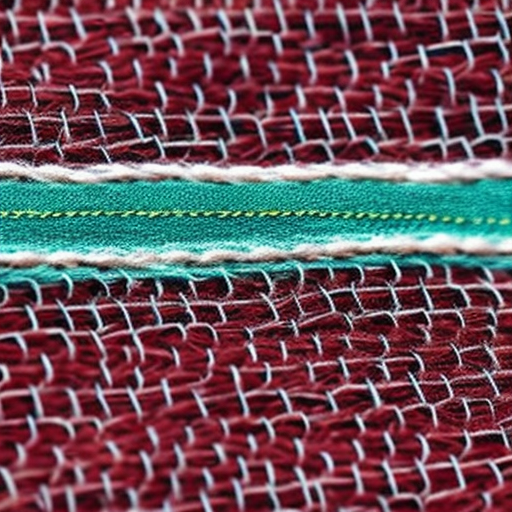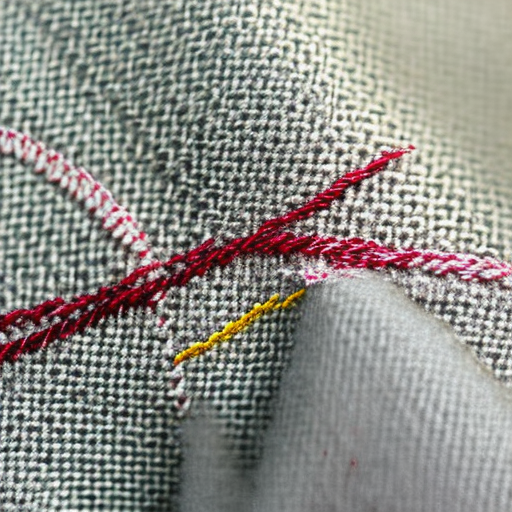sewing-heirloom.jpg” alt=”” />
Sewing heirloom techniques have a long history of craftsmanship and attention to detail. These techniques, often associated with delicate fabrics, intricate embroidery, and hand-sewn finishes, create beautiful and enduring garments that can be passed down from generation to generation.
The Art of Heirloom Sewing
Heirloom sewing involves using fine fabrics such as linen, cotton batiste, or silk organza to create garments with timeless appeal. It emphasizes intricate embellishments, such as lace insertions, pin tucks, and embroidery stitches, that add texture and elegance to the finished piece.
“Heirloom sewing is more than just stitching fabric together; it’s about creating a legacy through meticulous craftsmanship.” – Emily Wilson, Master Seamstress
Key Techniques
Here are some key techniques used in heirloom sewing:
- Lace Insertion: This involves sewing delicate lace trims into openings or seams of a garment. It adds a touch of femininity and charm.
- Pin Tucks: Pin tucks are narrow, stitched folds of fabric that create a textured look. They can be used as decorative elements or to add shape to a garment.
- Shadow Work Embroidery: This technique involves stitching a design on the reverse side of a fabric, creating a shadow-like effect on the right side. It adds a subtle and elegant touch.
- Faggoting: Faggoting is a decorative stitch that joins two fabric pieces with a series of crisscrossed threads. It creates an openwork effect and is often used to join lace trims or fabric inserts.
- Hemstitching: Hemstitching is a technique that secures the edge of a fabric with decorative stitches. It adds a delicate and refined finish to hems, edges, and seams.
Tips for Beginners
Start with simple projects: If you are new to heirloom sewing, begin with small projects like handkerchiefs or baby clothes. This will allow you to practice the techniques before tackling larger, more complex garments.
Invest in quality materials: Fine fabrics and delicate trims are essential for achieving the heirloom look. Choose high-quality fabrics and trims that will withstand the test of time.
Take your time: Heirloom sewing requires patience and attention to detail. Take your time with each technique and enjoy the process of creating something truly special.
Practice your stitches: Before working on your main project, practice each technique on scrap fabric to ensure you are comfortable with the stitches and achieve the desired result.
Conclusion
Learning and practicing heirloom sewing techniques allows you to create garments that are not only beautiful but also hold sentimental value. Whether you are preserving family traditions or trying your hand at a new craft, sewing with heirloom techniques is a way to honor the past while creating something truly timeless.
So, gather your fine fabrics, delicate trims, and a healthy dose of patience, and embark on a journey of sewing pieces that will be cherished for generations to come.
